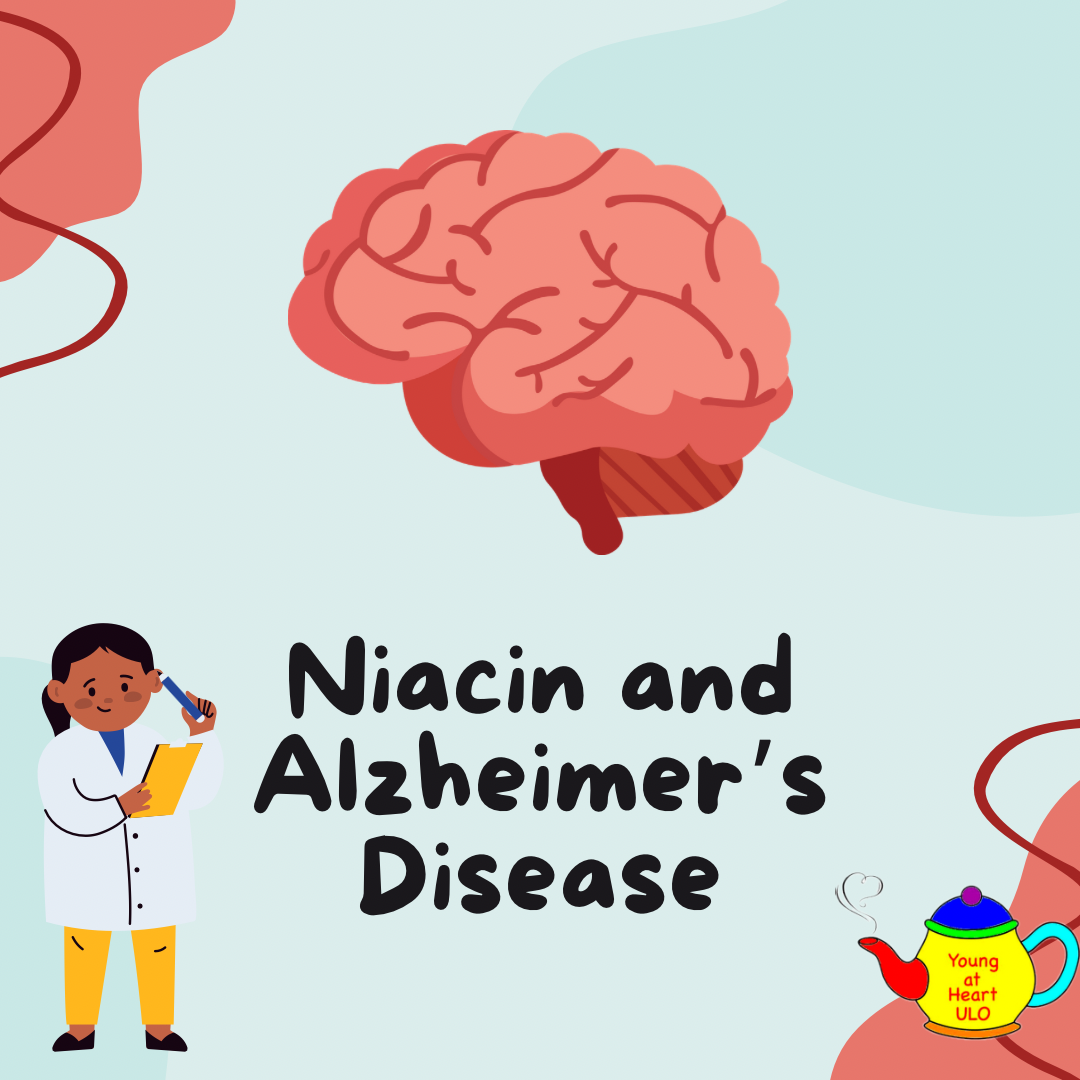The Experience of Anticipatory Grief in Dementia Care
Anticipatory grief is a form of grief that occurs when we know that we will experience a significant loss in the future, such as the loss of a loved one. In the case of dementia caregivers, anticipatory grief may arise as they witness the gradual decline of their loved one’s cognitive and physical abilities.

Anticipatory grief is different from the grief that occurs after a loss has happened. It can be just as intense and painful, but it is experienced in a different way. For many caregivers, anticipatory grief can be a rollercoaster of emotions. They may feel sadness, anger, guilt, anxiety, and a sense of helplessness, all at the same time. It is not uncommon for caregivers to feel overwhelmed and unsure of how to cope with the feelings that arise.
One of the most challenging aspects of anticipatory grief is that it can be a long, drawn-out process. Dementia is a progressive disease, and caregivers may find themselves grieving for years as they watch their loved one’s condition deteriorate. This can be exhausting, both physically and emotionally. Caregivers may feel like they are on an emotional rollercoaster, with ups and downs that can be difficult to predict or control.
There are several strategies that caregivers can use to cope with anticipatory grief. One of the most important is to seek support. Caregivers may benefit from joining a support group, where they can connect with others who are going through a similar experience. Support groups can provide a safe space for caregivers to share their feelings, get advice, and find comfort in knowing that they are not alone.
Another important strategy is to take care of oneself. Caregivers may be so focused on caring for their loved one that they neglect their own needs. It is essential to take breaks, get enough sleep, eat well, and exercise regularly. Self-care is not a luxury; it is a necessity for caregivers to maintain their physical and emotional well-being.
It is also crucial for caregivers to communicate with their loved ones. While communication may become more challenging as dementia progresses, it is still important to maintain a connection. Caregivers can find ways to communicate that work for both themselves and their loved one, such as using non-verbal cues or simple sentences. By maintaining a connection, caregivers can help their loved ones feel less isolated and alone.
In conclusion, anticipatory grief is a complex and challenging experience for caregivers of loved ones living with dementia. It is important for caregivers to seek support, take care of themselves, and communicate with their loved ones. While anticipatory grief cannot be avoided, caregivers can take steps to cope with their emotions and find meaning and purpose in their caregiving role.
If you feel you would benefit from some support with anticipatory grief or the wider implications of the dementia care giving role, please get in touch to find out how our In Our Shoes Care Partner Support Group might be able to help.


